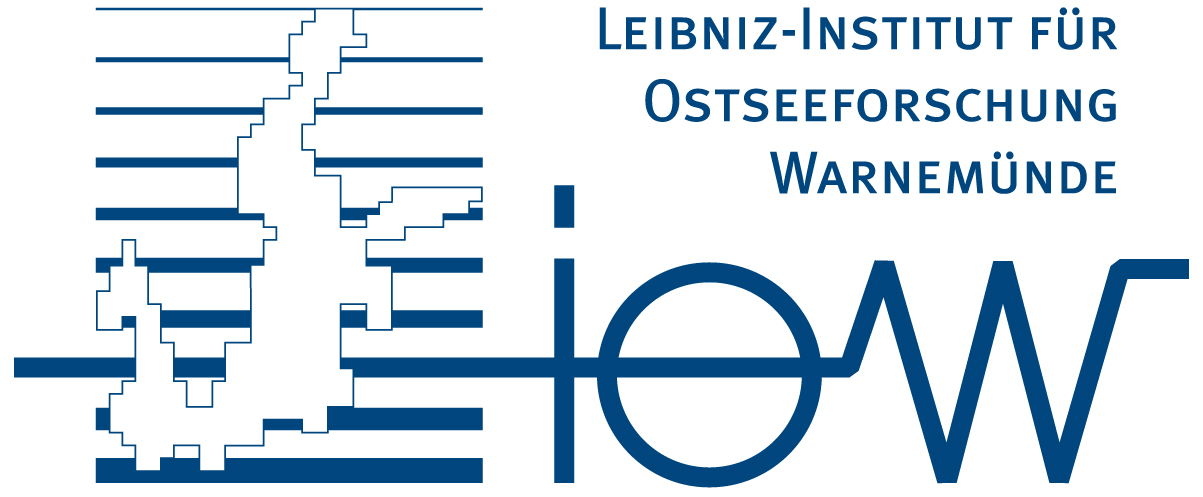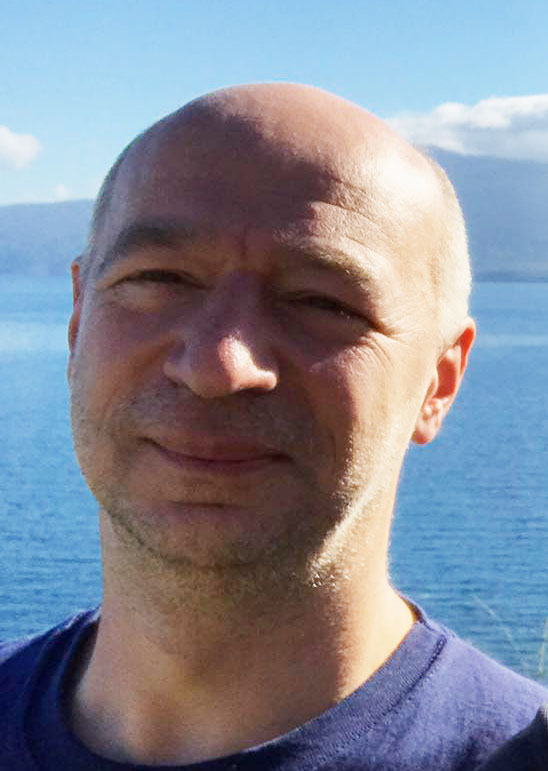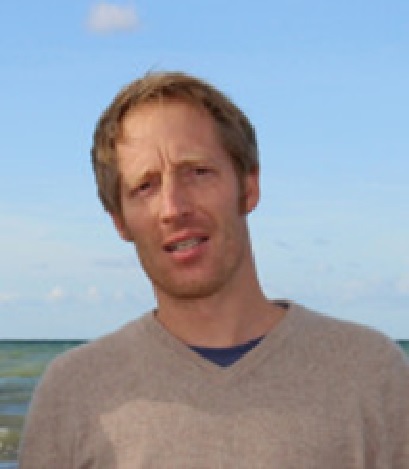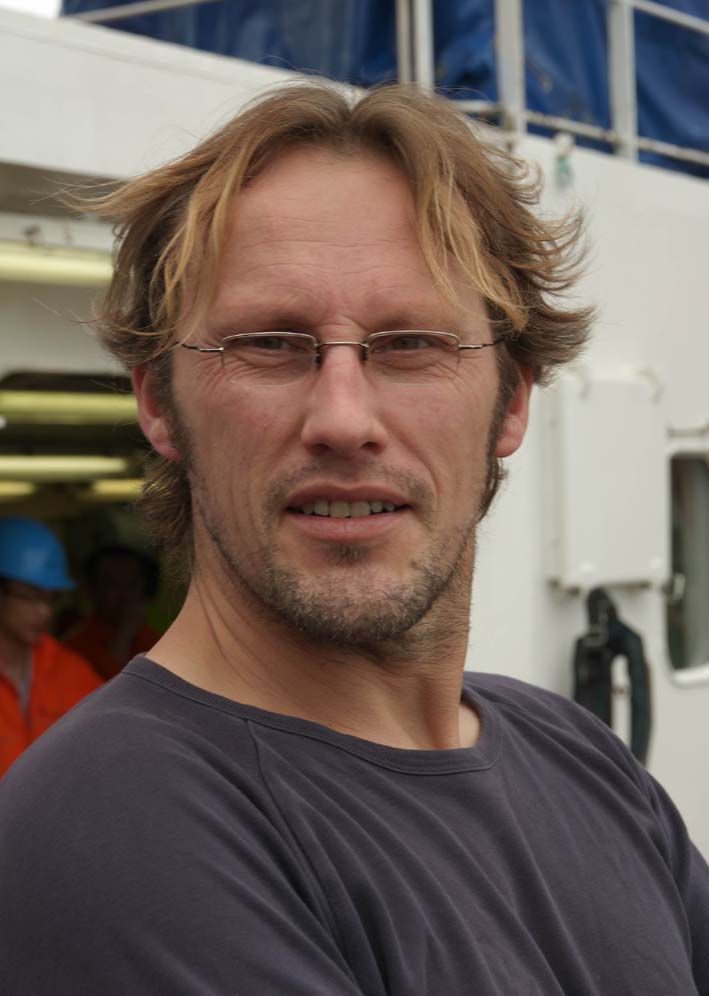Phytoplankton ecology
HELCOM management activities for the protection of the Baltic Sea include a phytoplankton monitoring program. This program supplies a decadal time series of phytoplankton community biomass and composition. These data are used for pelagic assessment and evaluation of management efficacy towards a management target, Good Environmental Status, GES. Phytoplankton derived biodiversity indicators, such as the Dia/Dino index and cyanobacterial bloom index are components of regular periodic assessments of the Baltic Sea environment. Nevertheless, lack of a reference status for GES, and information on baseline biodiversity variation hinders their interpretation and use in assessment respectively. The aims of WP4, which will be carried out in close collaboration with HELCOM, is to 1) evaluate the use of eDNA derived biodiversity data for the Baltic Sea phytoplankton, 2) describe a pre-Anthropocene reference status for phytoplankton based on sediment core eDNA, 3) develop assessment strategies for phytoplankton based on past environmental and diversity dynamics, and 4) develop a framework to assess the climate-induced impact on phytoplankton diversity and function with HELCOM.
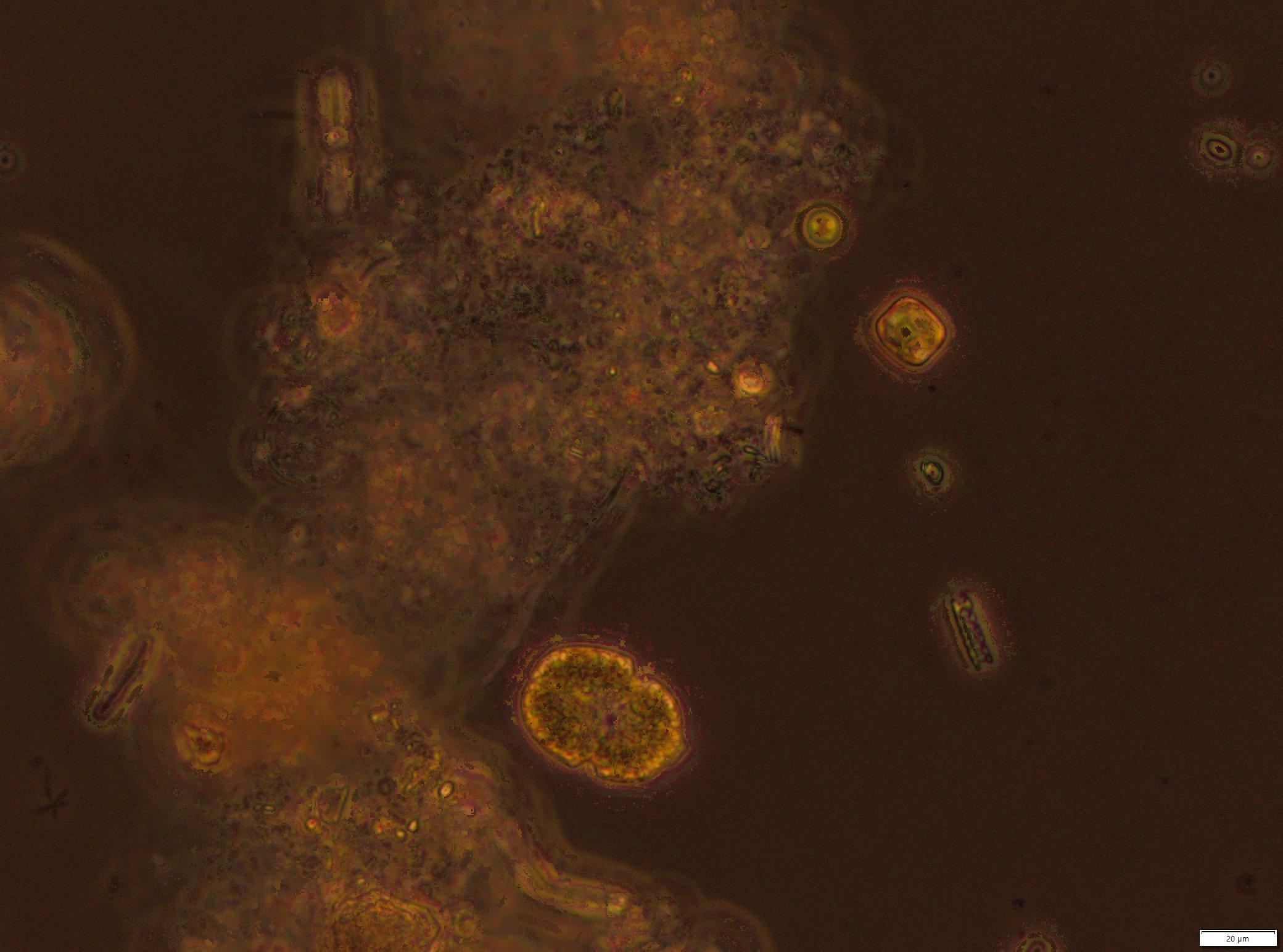
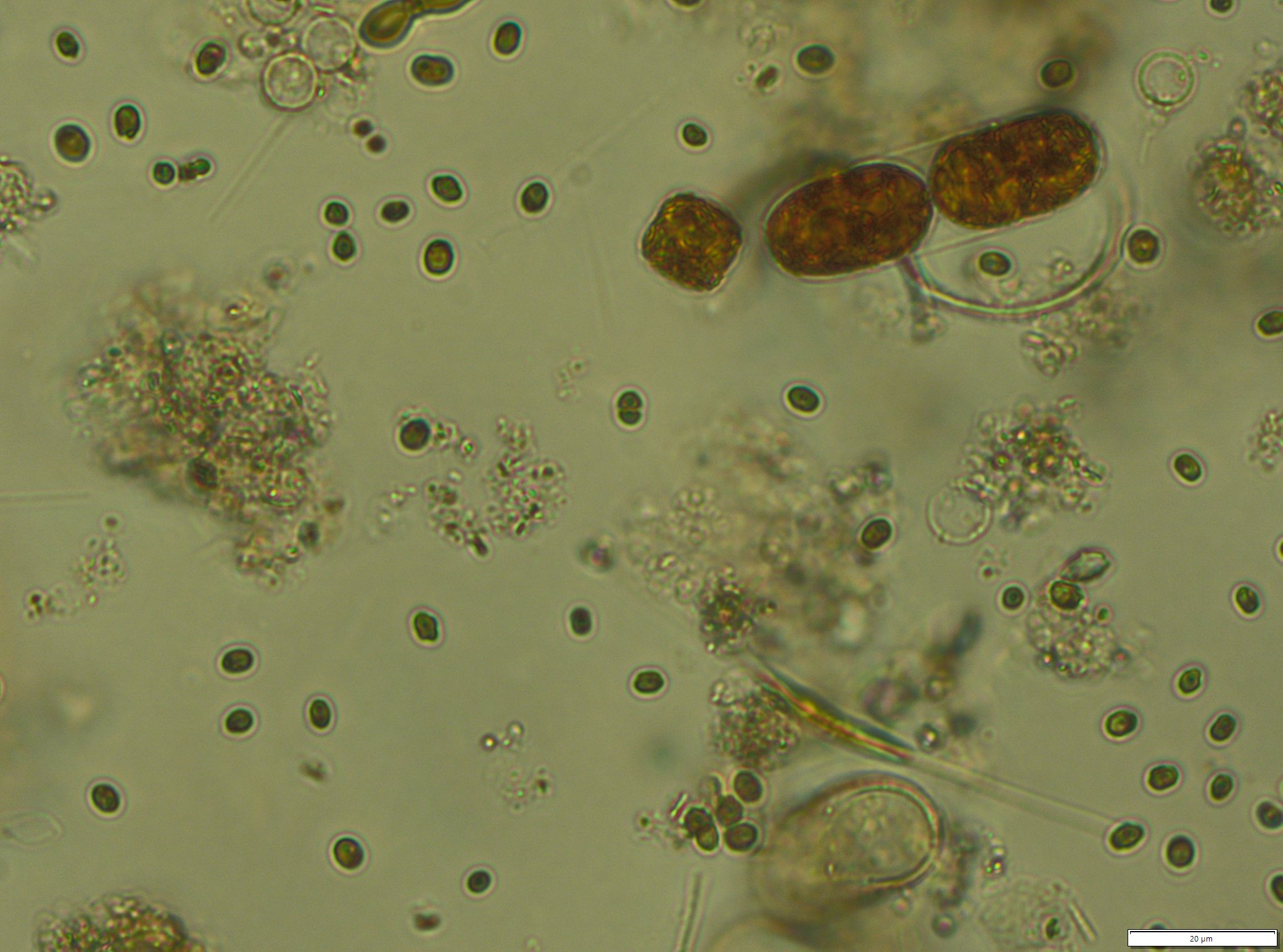
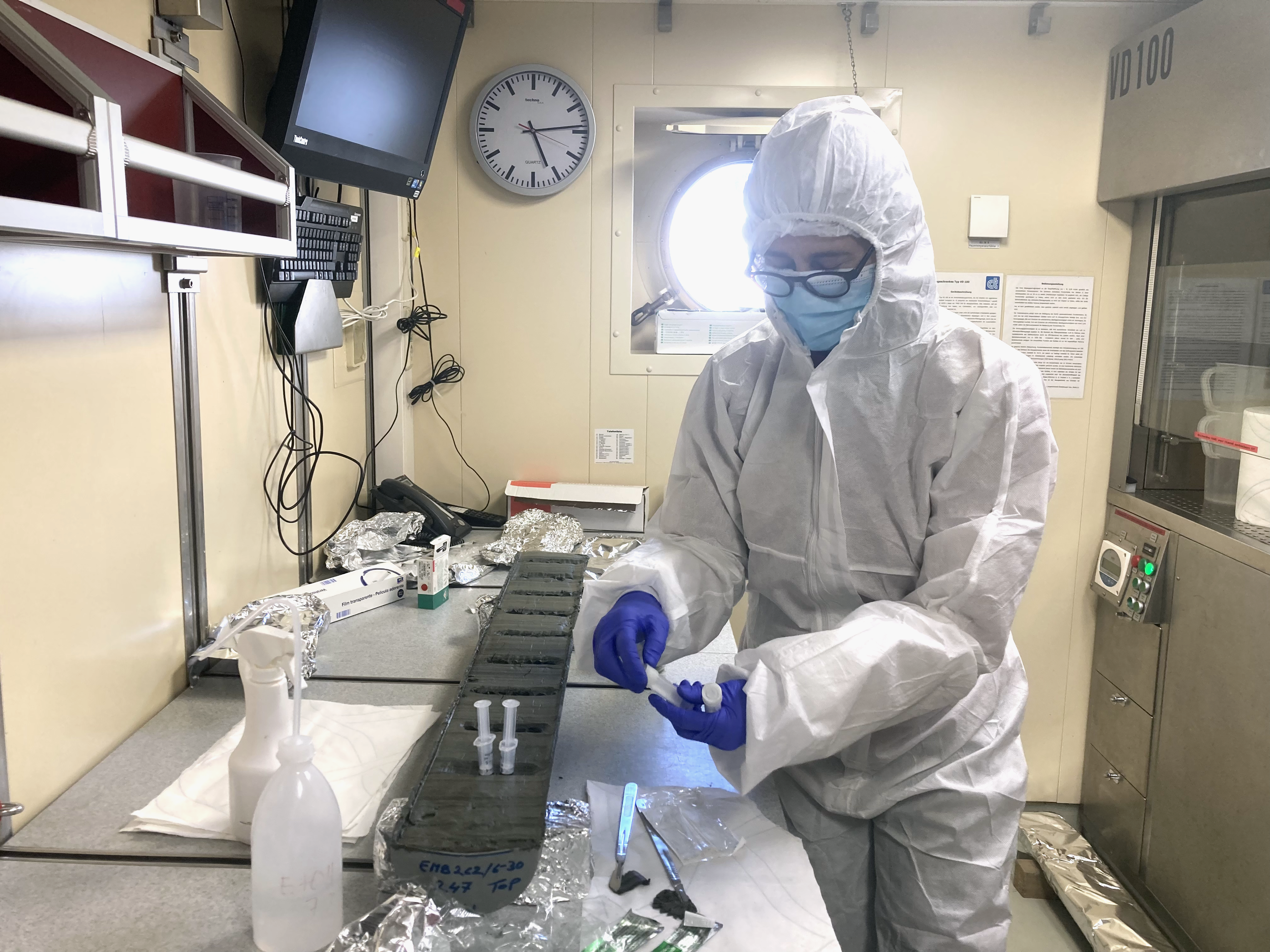
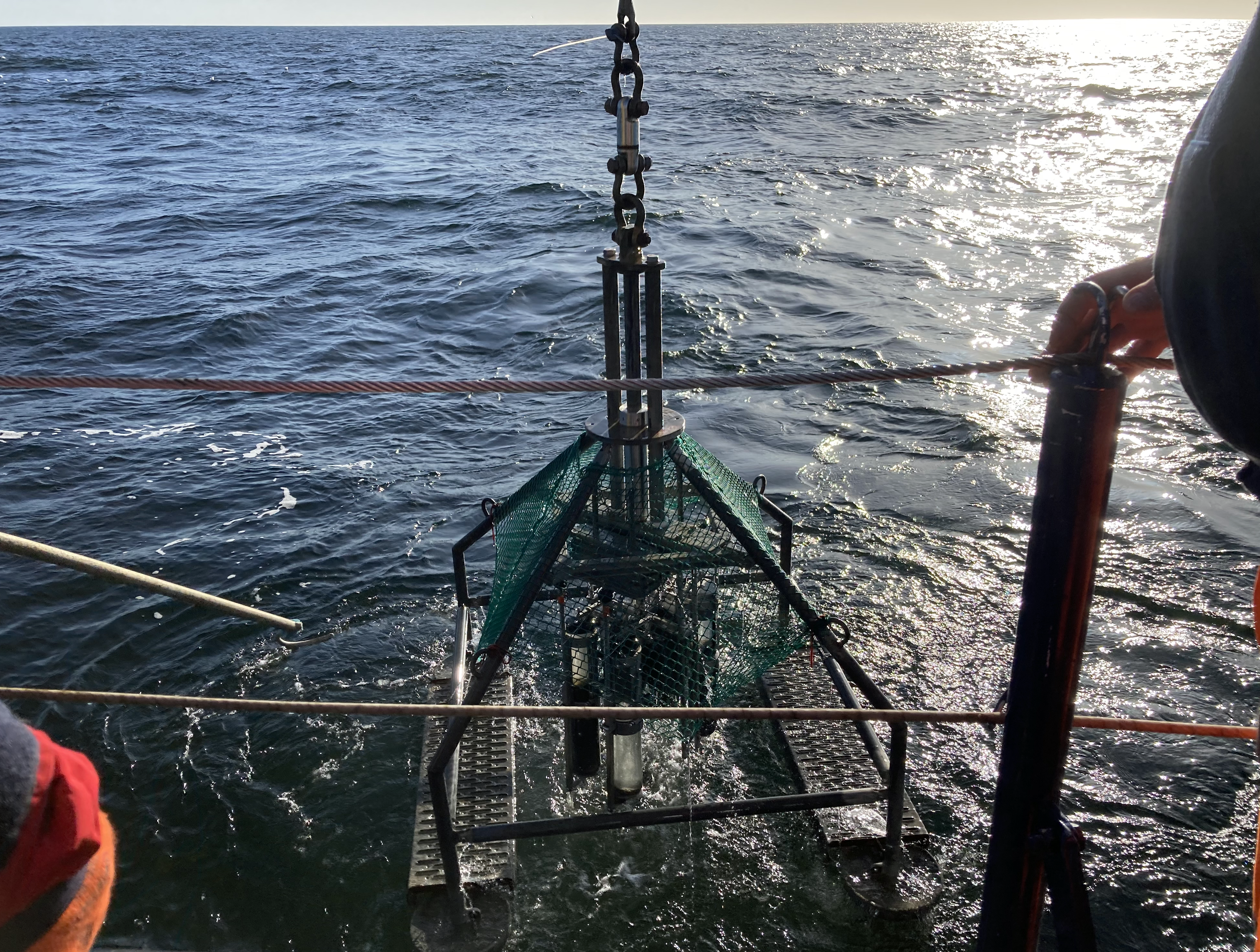
Dr. Anke Kremp
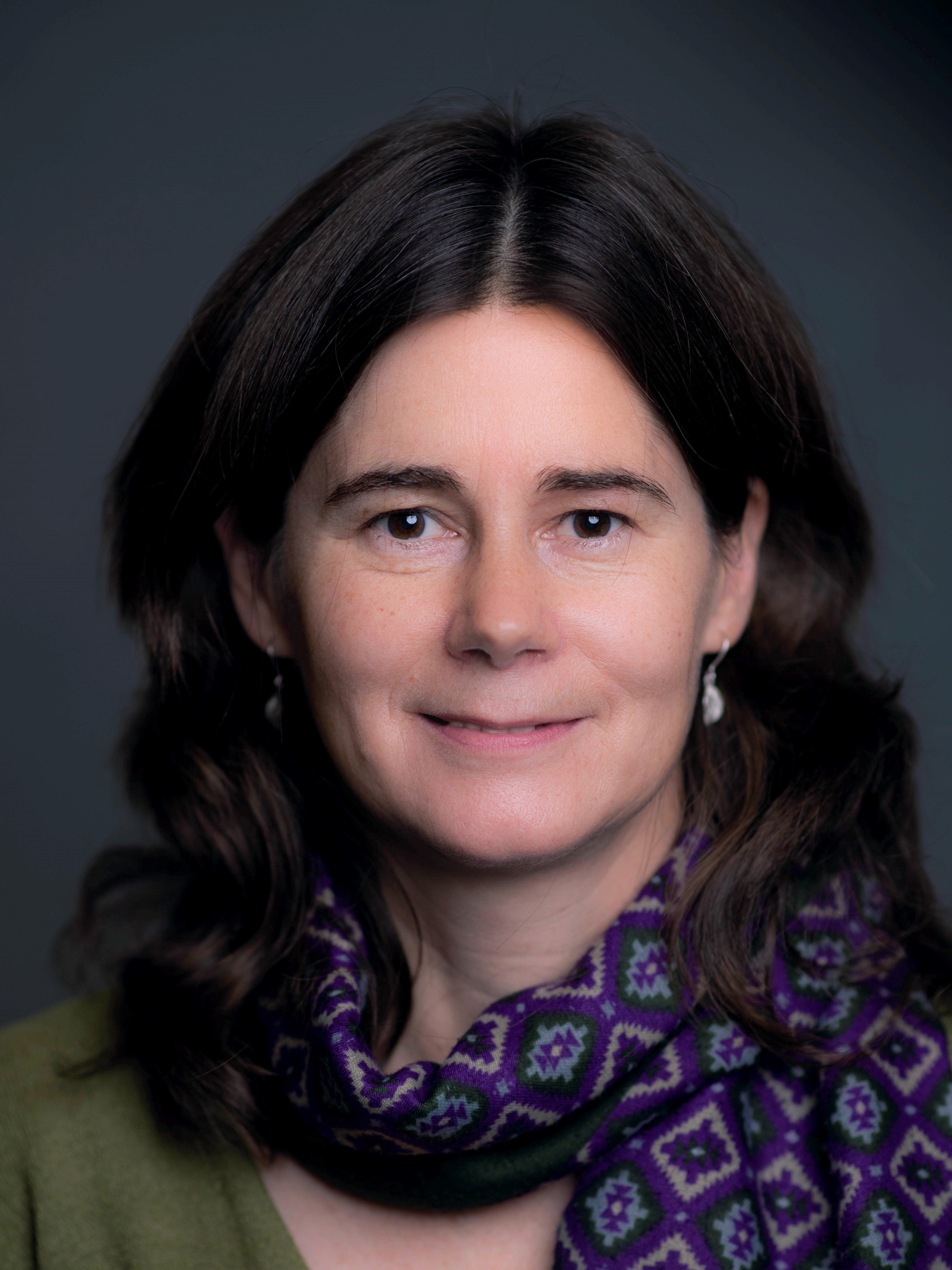
My researchaddresses mechanisms and consequences of phytoplankton biodiversity changes in coastal and open seas.
Using a variety of approaches including time series analyses of monitoring data, physiological experiments with cultured phytoplankton isolates, analyses of intraspecific
genetic and phenotypic diversity and resurrection of past populations from resting stages in “sediment archives”, I investigate the response of phytoplankton communities
and populations to environmental change.
Project Leader | Senior Scientist | Leibniz Institute for Baltic Sea Research
Background: Phytoplankton | Biodiversity | Dormancy | Harmful Algal Blooms | Experimental Ecology | Baltic Sea
Email: anke.kremp@io-warnemuende.de
ResearchGate: Anke Kremp
Dr. Sarah Bolius
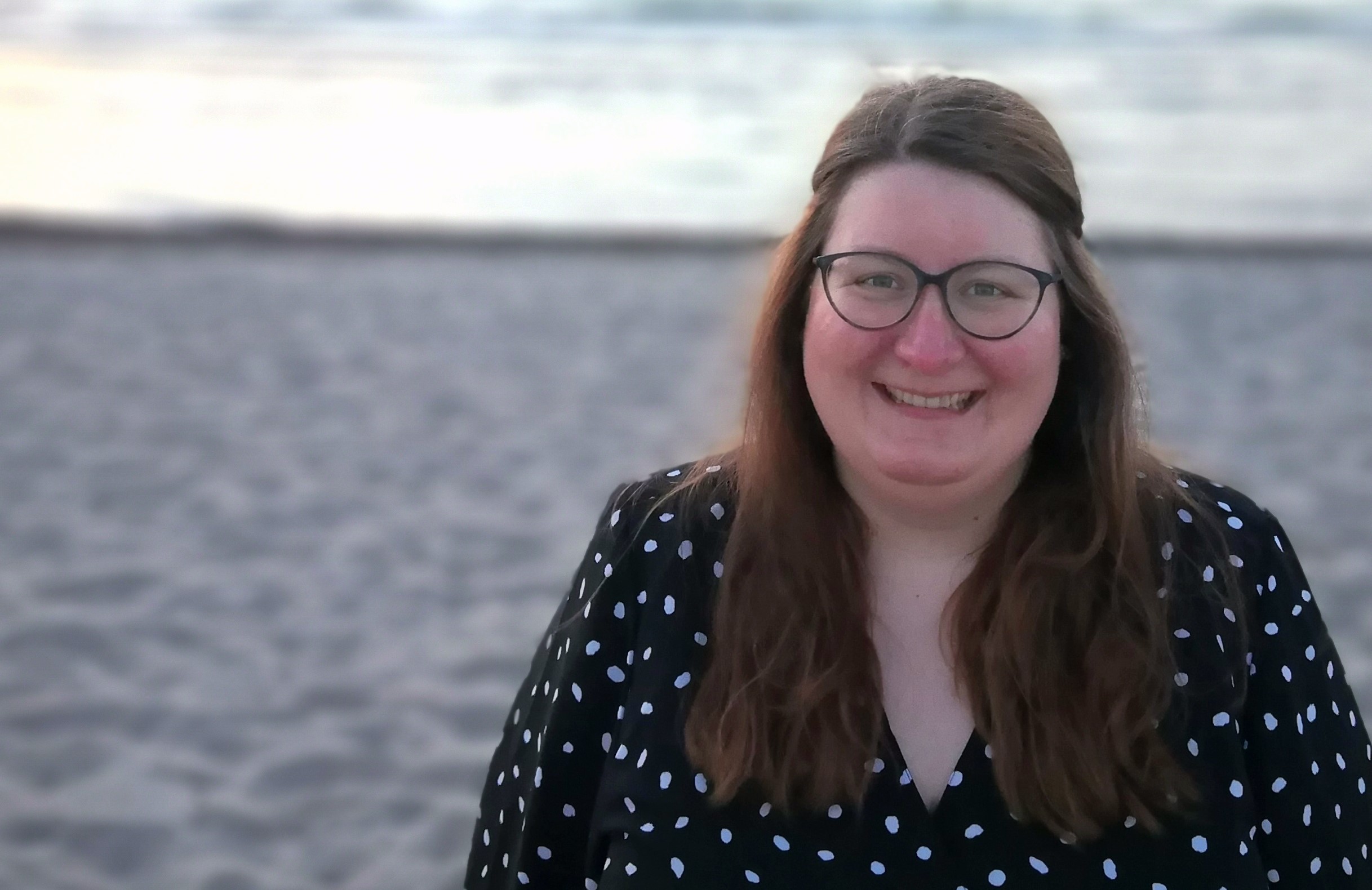
I find differences within species super exciting, especially how differently functional properties, traits, can be expressed.
In the PhytoArk project I am investigating this in two phytoplankton species of the Baltic Sea focussing on climate change relevant properties.
In order to describe adaptation of different traits, not only recent strains are examined, but also 'old' strains of the respective species.
These strains are grown from dormant resting stages that have accumulated in Baltic Sea sediments. Such revived organisms can be compared with recent ones,
making it possible to investigate how species respond to changing environmental conditions. Such information can be used to predict how recent
phytoplankton will adapt to current and future changes.
PostDoc | Leibniz Institute for Baltic Sea Research
Background: Ecology | Traits | Phytoplankton resurrection and cultivation
Email: sarah.bolius@io-warnemuende.de
ResearchGate: Sarah Bolius
